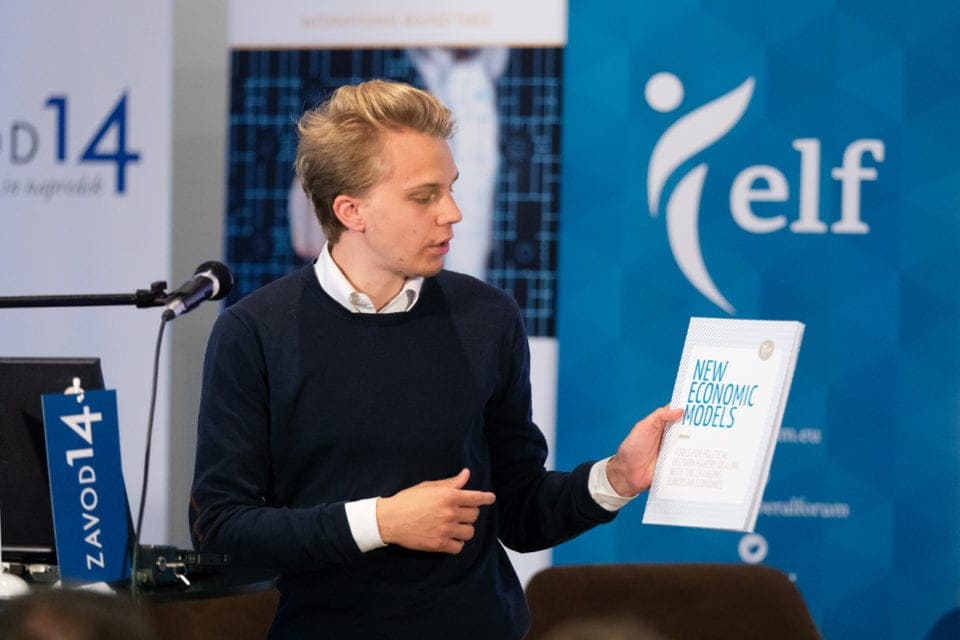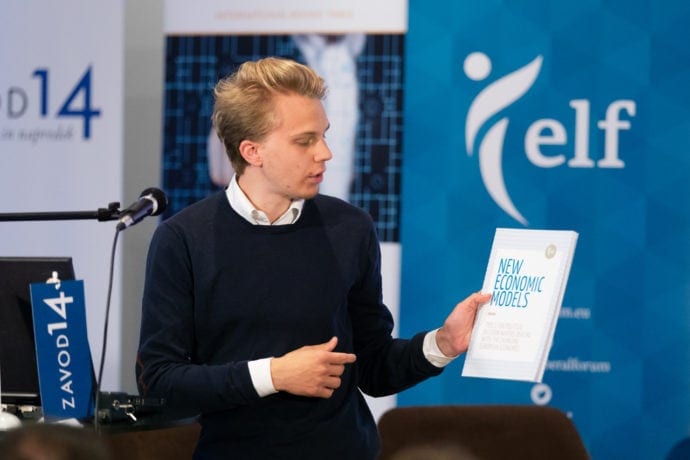workshop “Designing business models in the sharing economy” and a round table “Opportunities and Challenges of the Sharing Economy” were held on 26th of September in Poligon, Ljubljana, Slovenia, jointly organised by European liberal forum (ELF), Zavod 14, Friedrich-Naumann-Stiftung für die Freiheit and Institute Novum. The workshop’s purpose was to create business models with the help of the Business Model Canvas for the EU and Slovenian legal framework. At the same time, by taking a bottom-up approach new opportunities offered by the sharing economy will be looked for that can positively impact the quality of life of specific target groups. As a starting point, we highlight improvements in the quality of life, the possibility of making extra income and gaining sufficient experience to enter the world of entrepreneurship. The round table then presented the findings of the workshops, while the round table guests described some of the restrictions created by the current legislation and the possibilities for the sharing economy’s future development in the EU and Slovenia.
At the event, it was first established that a lot is already self-regulated and that the “old”, existing law still applies while the principle “pacta sunt servanda” should still be respected. Nevertheless, somewhat open is still the application of consumer protection law. Moreover, there is still space open to give individuals and companies the opportunity to exchange goods and services via online platforms (intermediary) to other peers (P2P). The government, on the other hand, should carefully listen and step towards them and embrace disruptive changes. It also was pointed out that countries, where governments are favoring status quo, have no bright future. The result of a search for a right equilibrium between regulation, which
establishes appropriate legal premises and self-regulation, which, in accordance with technology development, fills the content between legal premises – that is then smart regulation.

